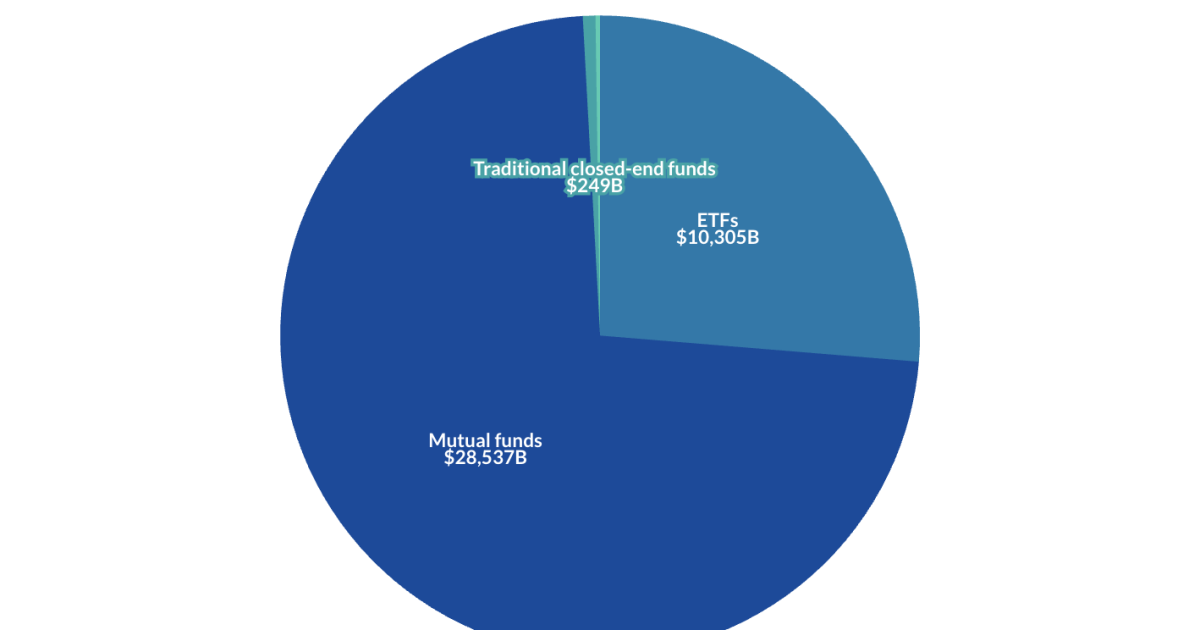Paris-based nextProtein raises €18M to scale insect-based protein, turning food waste into sustainable, cost-efficient feed for fish and livestock.
Contentlockr
Paris-based nextProtein, a company specialised in producing insect-based protein for animal feed stocks, has raised €18M in a Series B funding round.
The round was co-led by SWEN Capital Partners’ Blue Ocean Fund and British International Investment (BII), with continued backing from Mirova (through its fund dedicated to ocean protection) and RAISE Impact.
SWEN Capital Partners manages and advises on nearly €10B in assets and brings together a team of over 120 professionals.
The management company is part of the Ofi Invest Group, whose main shareholders include entities of the Aéma Group (Macif, Abeille Assurances Holding, Aésio Mutuelle), as well as SWEN Managers, a holding company owned by around 50 employees.
Since its creation, SWEN Capital Partners has placed sustainable finance at the core of its approach, offering clients innovative and responsible investment solutions.
“nextProtein is setting a new benchmark for the insect protein industry,” says Julie Peyrache, Investment Director on the SWEN Blue Ocean team. “By focusing on cost competitiveness and industrial scalability, they are proving that insect-based ingredients can become a mainstream commodity and drive meaningful change in global food systems.”
The financing also includes €4M in senior debt from Société Générale, CIC Paris Innovation, and La Banque des Start-ups by LCL.
The new capital will help the French company to open its second large-scale production facility and expand its overall output.
The second facility in the Tunisian site is designed to produce 12,000 tons of insect-based ingredients annually, including 2,500 tons of high-grade protein powder.
With this funding, we are taking a decisive step toward producing insect protein at true industrial scale,” says Mohamed Gastli, co-founder and CEO of nextProtein. “Our model focuses on CAPEX & OPEX efficiency and is designed to utilise highly variable low-value feedstocks, addressing a critical industrial bottleneck that we have mitigated through extensive R&D, allowing us to offer cost-efficient ingredients that can be mainstreamed across global supply chains.”
According to the company, this scale-up is a decisive step toward profitability and wider market penetration across aquaculture, livestock, and pet-food supply chains.
nextProtein: Insect-based protein and oil
Founded in 2015 by Syrine Chaalala (a former UN Food and Agriculture Organisation specialist) and Mohamed Gastli (a chemical engineer and entrepreneur), nextProtein produces insect-based protein and oil for animal feedstocks to accelerate sustainable agriculture and tackle resource scarcity.
It includes — protein powder (nextMeal), oil (nextOil) and fertiliser (nextGrow), for the feed (primarily aquaculture, but also livestock and petfood) and agriculture industries.
The company’s proprietary technology raises black soldier fly larvae on low-grade agricultural by-products, transforming them into cost-efficient, high-quality ingredients for aquaculture, livestock, and pets.
“Insect-based ingredients are at an inflection point,” adds Syrine Chaalala, co-founder and General Manager of nextProtein. “The challenge is no longer whether insect protein works— it does—but whether it can compete on cost and availability with existing commodities. That’s where nextProtein is leading the way, with a technology and model specifically tailored to emerging markets.”
NextProtein focuses on overlooked feedstocks, allowing it to be cost-effective while also benefiting the environment by using less land, water, and carbon.
“Our years of operational R&D have not only proven that our technology is reliable at scale, but they have also enabled us to continuously refine performance,” said Mtir Ben Aribia, Head of Operations at nextProtein Tunisia. “By testing 100+ feedstock ingredients and optimising our recipes, we’ve steadily improved our feed conversion ratio, ensuring we are able to compete head-to-head with traditional protein sources”





















